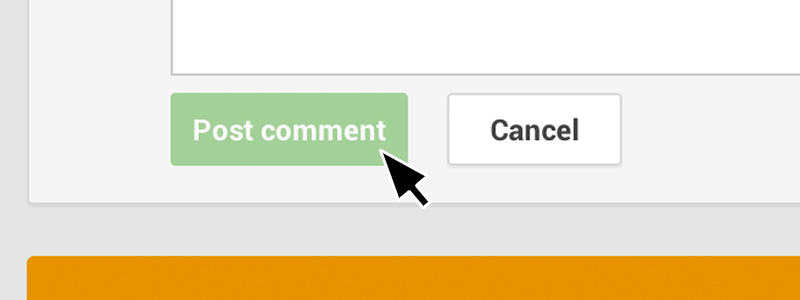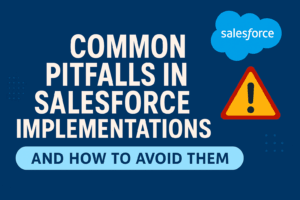BLOG
4 Tips for Google’s Panda Express Algorithm
Diehard bloggers and their fans had much to celebrate this week. On May 20, 2014, Google’s Mat Cutts officially announced that the newest Google Panda 4.0 algorithm update was up and running and it is already causing quite a stir among webmasters and search engine users.
This algorithm has been the first defense against keeping down poor quality content and letting lesser-known, yet well-written blogs and websites rise to the top of Google search results. The change was first introduced back in 2011 as a way to bring down “low-quality sites” or “thin sites.” Google researchers created this algorithm in response to users who were tired of digging through ads and flimsy websites in order to get to the ones they wanted.
Basically, you don’t have to worry about anything if you have a quality-content website with a good amount of backlinks to evenly-matched and even better websites that add to your link profile. In fact, you may be experiencing a little more traffic now that Google is repressing other sites that try to get in the way or cheat their way to better search results.
Barry Schwartz, a contributor to SearchEngineLand.com, posted the latest list of “winners and losers” from Searchmetrics. These are the sites that were affected the most by Panda, meaning their rankings have either radically increased or decreased. So who was the biggest loser?

Surprisingly, it was eBay. Some of the other losers included Ask.com, Biography.com and even RetailMeNot.com, which is backed by Google’s venture arm. Clearly Google will take down its own if it’s not pulling its own weight. YellowPages.com, Examiner.com and LiveScience.com were also big losers. BuzzFeed.com was a big winner along with ShopStyle.com, WordPress.com and ConsumerAffairs.com.
Of course, all of this could be a fluke in the system, completely unrelated to Panda. In the case of Ask.com, most of their posts are not checked for accuracy and often host a lot of spam links. Their SEO ranking could have fallen for lack of good content. Other sites like eBay.com might bounce back next week and return to their normal ranking after a period of adjustment.
Was your website hit with this update? Have your rankings suddenly plummeted? There are a few things you can do to help build your website back up in the search results. Follow these tips below.
1 – Do not automatically blame Panda/Penguin updates
When traffic to your website suddenly drops, it’s probably easiest just to blame the new Penguin and Panda updates. It’s not like you’ve really done anything different, right?
While it’s true, Panda and Penguin may be to blame, but take another look at your content and your link profile. Has it been as effective as you thought it was? Is your content going stale? Also, what kinds of sites are you linking to? And be honest, are you paying for those links?
If you answered yes to any of these questions, the blame may be on you. You need to clean up your site. Start from scratch and build up.

2 – Start creating high-quality content
You should already have a blog on your website, but if you don’t add one immediately and start blogging. You might think it’s a waste of time, but by creating good content, you engage readers and can avoid running afoul of Google itself.
Your posts don’t have to be extremely long, novel-length posts. Stick to 600 to 1,000 words for most blogs. Keep them short and concise. If your blogs are too wordy or take too long to get to your topic, you’ll lose your reader’s interest.
Give your blogs snappy titles that tell the reader exactly what they’re going to be reading. Find ways to grab the reader’s attention by creating urgency, such as “Five Things You Have to Know Before You Eat Another Popsicle.” What could possibly be so dangerous about a Popsicle? Your readers will be too tempted not to click and find out.
3 – Improve your link profile
This is one of the hardest parts for a lot of companies. Creating a good link profile takes quite a bit of work and time.
Having a good link profile means your website will appear higher in Google search results because of backlinks pulling up your site. You can also utilize key words that will help readers who search those terms find your site.
A high-ranking website has thousands of backlinks so start small. Put backlinks on all of your social media accounts (You have those, right?) and start posting comments on relevant websites with blogs and comment sections. Be sure the sites relate to your business in one way or another. Post your comment with a backlink to your website. If someone likes what you have to say, they might just click your link.

Encourage other users and websites to post links to your site as well. That’s why it’s so important to have good content. You don’t want users to think you’re spam, which might lead to…
4 – Avoid manual penalties
If your website’s content quality is low enough and your website’s number of ads is out of control, Google might slap your site with a manual penalty.
This means that your website will nearly be unsearchable. Google will stop ranking it higher in search engine results because it thinks your site is spam. Maybe you have too many ads or you’re link profile includes a lot of links to spam websites.
To fix this, you will need to go through all of your content and remove your spammy links. If you can, take your site off their sites as well. Google still might not be pleased with you, but it’s the first step in cleaning up your site.
You also cannot buy links. Google will penalize you for this and bury your site in search results. Keep it clean, and you’ll have a better shot and making the first page.
What Google Panda is really doing is creating a more user-friendly search engine. Their loyalty is not to the websites, but to the customers who use the sites. They want to make the process as smooth as possible and provide the right kind of results so you can find what you need and move on.
Our overlord Google is a little like Santa Claus. He sees your site when you’re sleeping, and he knows when you’re awake and working. He knows if your content’s bad or good so make it good, for goodness sake!












